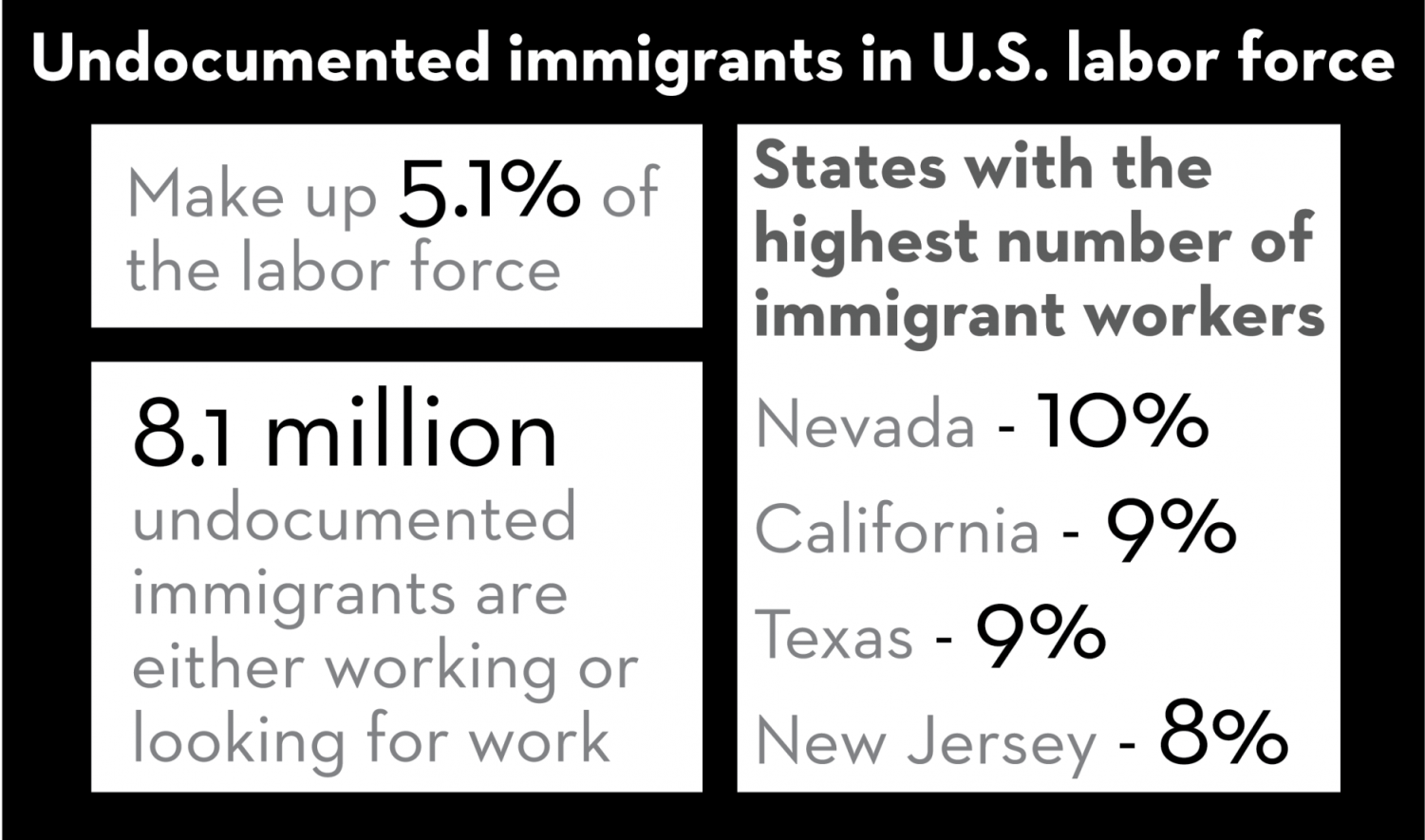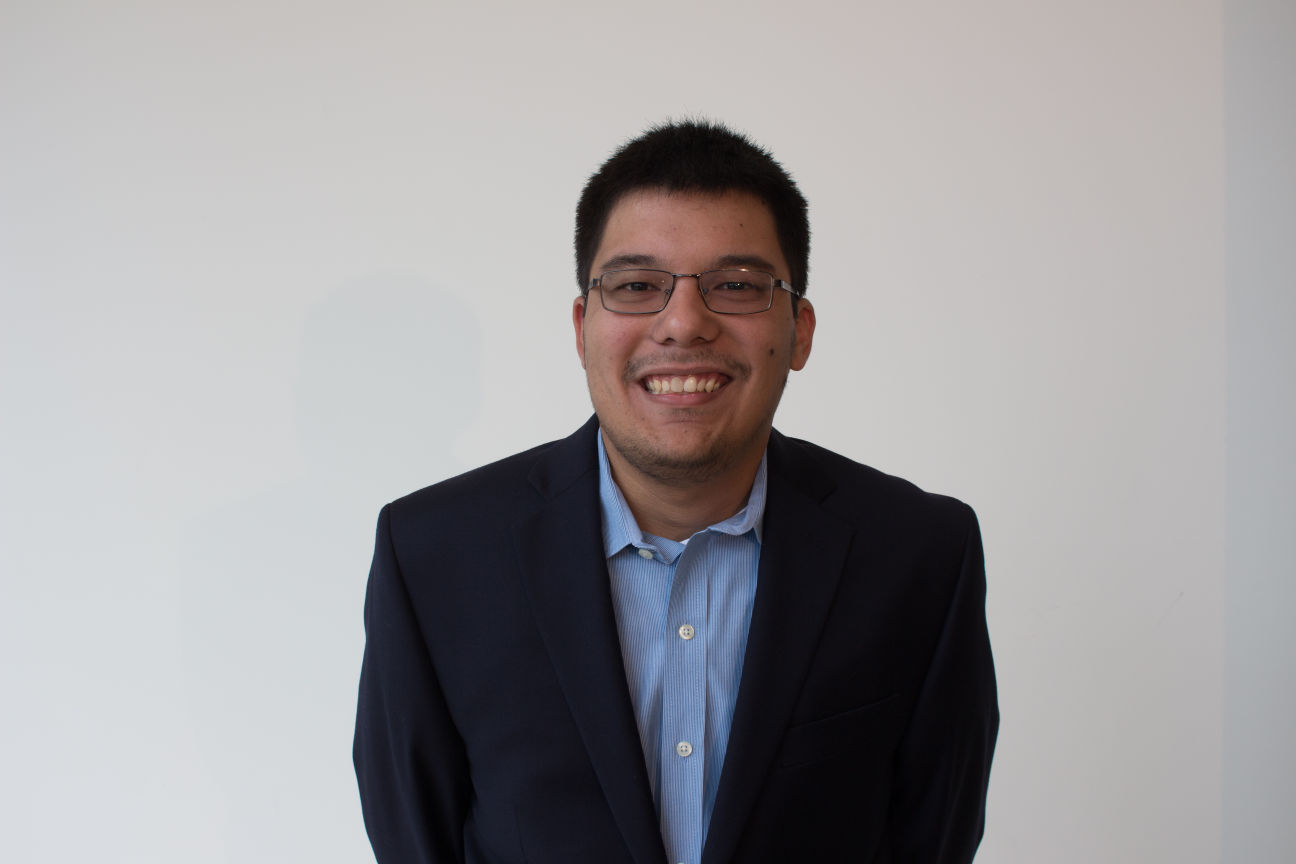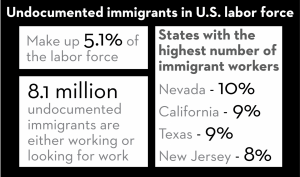99 problems and immigration is one
February 16, 2016
With the presidential election underway, various topics are being discussed. One of those topics is immigration. The problem with discussing immigration is the fact that politicians don’t realize that the system is completely broken and nobody offers a viable solution to the problem other than deportation.
According to fusion.net, President Obama is on pace to become the president with the highest number of deportations in the history of the United States. He has deported more than 2.5 million people since he was sworn into office in 2009, according to the Department of Homeland Security. It is clear that politicians from both parties prefer to get rid of the “problem” rather than fix the immigration system.
As an immigrant, I know for a fact that the immigration system is broken because I was a part of it. A long time ago, my mother’s father, a U.S. citizen, submitted a Visa F3 request, which allowed him to sponsor my mother and my family under the married sons and daughters of U.S. citizen’s clause. When the request was submitted, we were placed on a waiting list. In 2005, we received a notification from the U.S. government that our request had been approved and that we needed to submit the necessary documents.
After three years, we were told that we needed to come to the country on Jan. 2009, to receive our Green Cards and become legal residents of the United States after a 10 year wait. We were lucky. It usually takes longer than that coming from a developing country like Ecuador.
I can go on with my story, but that is not the focus of this article. Recently, along with many of you, I attended the Jose Antonio Vargas talk and was made aware of some of the problems undocumented immigrants are facing in the U.S. and our very own state is no exception. The President and the presidential candidates for both parties decided to turn away and focus on other topics.
According to pewresearch.org, there were an estimated 11.3 million undocumented immigrants in the U.S. in 2014, making up a total of 3.5 percent of the population. Today, that number is expected to be higher. A lot of people prefer they be deported, without realizing that they are an important part of the economy.
According to a study conducted by the Institute on Taxation and Economic Policy, undocumented immigrants paid $11.84 billion in state and local taxes in 2012 and it’s expected that if they were allowed to legally work in the country, their tax contribution would increase exponentially.
One of the problems that impressed me the most is the fact that undocumented students in Georgia cannot pay in-state tuition to attend state colleges and universities after the Georgia Supreme Court rejected the proposition earlier this month. I strongly believe that these students should be allowed to; it should be a basic right for any resident of the state, legal or undocumented, to be able to apply for in-state tuition and receive an education, as long as they are making a meaningful contribution to the United States, which most are.
Currently only 19 states in the United States allow undocumented students to pay in-state tuition, with Alabama, South Carolina, and some universities in Georgia outright banning the enrollment of undocumented students, according to e4fc.org.
Georgia Senator, Josh McKoon, is currently proposing driving cards that identify “illegal aliens,” according to the huffingtonpost.com. As an immigrant myself, this is offensive and inconsiderate, but it’s the reality many of us, even those who are legal, are facing. I have to carry a Green Card with me, because it’s the law. However, the proposition by Senator McKoon is different. He is trying to make undocumented immigrants easy to identify and possibly deport.
It’s time to stand up and voice our concern to representatives in Congress about the fact that our fellow college students in Georgia cannot receive the same benefits as we all do. The immigration system can be fixed, but only if we work collectively to find the solution rather than take the easy way out. This great country is always helping others in need throughout the world via foreign aid. Why can’t we help those already here?












